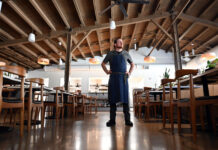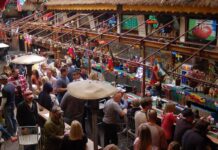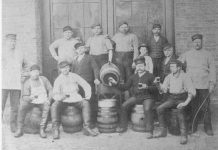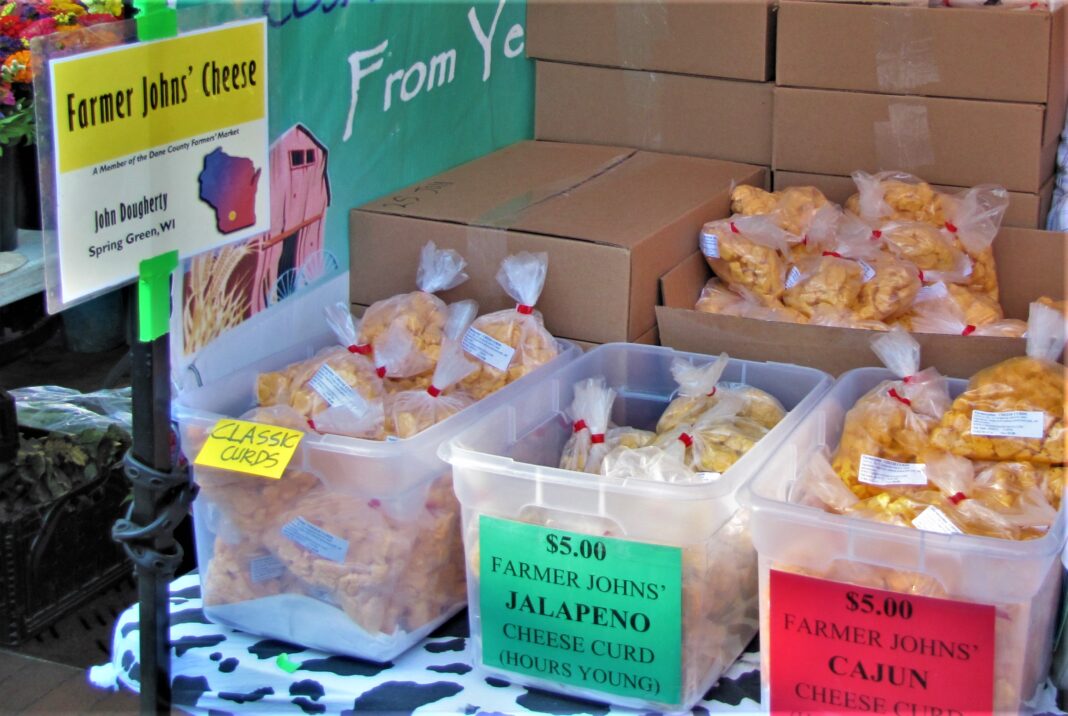“Edibles & Potables” is a Sunday morning repository for items that fall outside our Louisville metro coverage area.
In my former life as a brewer owner, an opportunity arose for our team to become a part of the Great Taste of the Midwest (the nation’s finest beer fest) in Madison, Wisconsin, a state I’d previously passed through exactly once at the age of 15.
Of course there’s a first time for everything, and my inaugural visit to Madison came in 2007, to be followed by eight others, but none since 2016. This absence is about to be addressed, albeit not by passenger train from Louisville, which in a civilized country would be among the available transport options—but alas, I digress.
In 2007 we were overwhelmed by the immensity of the producers-only Dane County Farmers’ Market, which wraps around all four sides of the state capitol square in downtown Madison on summertime Saturday mornings.
Of all the farmers’ market foodstuffs a man who was then in his late 40s might choose to become fascinated by, I selected fresh cheese curds, Wisconsin-style. Not exactly cutting edge, but who knew I’d be smitten by the squeakiness?
To celebrate our prospective return to Madison, here’s a relevant exploration of what puts the squeak in cheese curds. The sensation is a simple pleasure, perhaps. But so is spending a few days in a city referred to by my friends across the socio-political aisle as “The People’s Republic of Madison.”
Why Do Cheese Curds Squeak? (at Wisconsin Cheese)
To understand why cheese curds squeak, we have to take a closer look at the building blocks of cheese: proteins! On a microscopic level, cheese curds are made up of proteins that are bound together with calcium. When you bite into a cheese curd, this protein and calcium structure rubs against the enamel on your teeth, making a squeaking sound.























